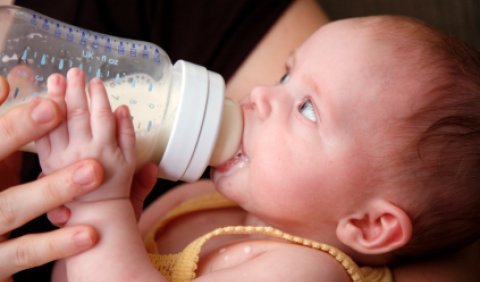Submitted by Judith Siers-Poisson on
 When the U.S. Food and Drug Administration determined that a particular chemical in plastic was not harmful, they used scientific studies to prove it. But they relied on just two studies that were funded by the Society of the Plastics Industry, a subsidiary of the American Chemistry Council. On the other hand, they ignored "hundreds of government and academic studies showing a chemical commonly found in plastic can be harmful to lab animals at low doses." Of those two industry-funded studies, one "has never been published, and therefore never subjected to peer review; the second has been heavily criticized by researchers who say the results are inconclusive because of flawed experimental methods." This only came to light when Michigan Democrats Rep. John Dingell, chairman of the House Committee on Energy and Commerce, and Rep. Bart Stupak, who leads a subcommittee, launched an investigation into the use of bisphenol A in containers used by infants and toddlers. "Anila Jacob, a senior scientist at the Environmental Working Group ... said she was surprised that the FDA so openly admitted to relying on those two studies, particularly when one of them has never been published or released to the scientific world for review. 'There's a lack of transparency here,' she said, adding that the agency's reliance on these studies 'doesn't serve the public.'"
When the U.S. Food and Drug Administration determined that a particular chemical in plastic was not harmful, they used scientific studies to prove it. But they relied on just two studies that were funded by the Society of the Plastics Industry, a subsidiary of the American Chemistry Council. On the other hand, they ignored "hundreds of government and academic studies showing a chemical commonly found in plastic can be harmful to lab animals at low doses." Of those two industry-funded studies, one "has never been published, and therefore never subjected to peer review; the second has been heavily criticized by researchers who say the results are inconclusive because of flawed experimental methods." This only came to light when Michigan Democrats Rep. John Dingell, chairman of the House Committee on Energy and Commerce, and Rep. Bart Stupak, who leads a subcommittee, launched an investigation into the use of bisphenol A in containers used by infants and toddlers. "Anila Jacob, a senior scientist at the Environmental Working Group ... said she was surprised that the FDA so openly admitted to relying on those two studies, particularly when one of them has never been published or released to the scientific world for review. 'There's a lack of transparency here,' she said, adding that the agency's reliance on these studies 'doesn't serve the public.'"

Comments
johnnylucid replied on Permalink
Incorrect information
Get your facts straight:
The Society of the Plastics Industry (SPI) is NOT, I repeat, NOT a subsidiary of the American Chemistry Council (ACC). A few years back, the American Plastics Council (APC) "merged" with ACC. The rump of APC is now the Plastics Division of ACC.